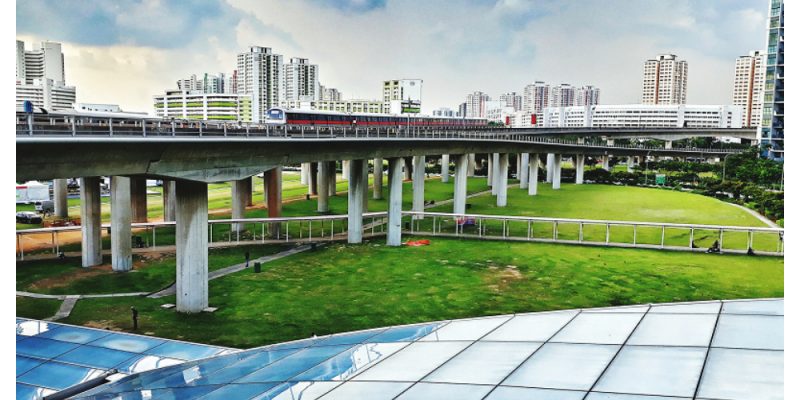The city-state’s Smart Nation initiative places heavy emphasis on infrastructure, technology, and sustainability. While much of the spotlight falls on digital innovation and IT, civil engineering plays an equally critical role in building the physical foundations that enable these systems. This instance raises the question: does a diploma in civil engineering in Singapore equip students with the skills needed to contribute meaningfully to Smart Nation projects?
Civil Engineering as a Foundation for Smart Infrastructure
Smart Nation goals depend on modern infrastructure that is both functional and digitally integrated. Roads, rail networks, water systems, and sustainable housing are key elements that must work seamlessly with advanced technologies. Civil engineering courses provide students with essential technical skills in structural analysis, geotechnical engineering, and construction technology. These core areas remain fundamental because even the most advanced digital solutions cannot succeed without safe and reliable physical structures. The diploma, in this sense, creates a strong foundation for students who wish to move into Smart Nation-related roles.
Integration of Technology in Civil Engineering Courses
The move towards digitalisation in the built environment has shaped the curriculum of most civil engineering courses. Diploma programmes in the city-state now include exposure to Building Information Modelling (BIM), computer-aided design, and construction project management software. These tools are central to Smart Nation projects, where digital simulations and data-driven planning reduce errors, improve cost efficiency, and support sustainable development. The inclusion of such modules ensures that graduates are not limited to traditional construction roles but can actively engage with the technological aspects of infrastructure planning and implementation.
Sustainability and Environmental Engineering
The region’s Smart Nation vision also ties closely to environmental responsibility. Infrastructure must align with green building standards and address long-term challenges such as climate resilience and resource conservation. Students pursuing a diploma in civil engineeringare introduced to modules on water management, environmental engineering, and sustainable construction methods. These skills are increasingly applied in Smart Nation projects, particularly in initiatives such as coastal protection, flood management, and energy-efficient urban design. The training prepares graduates to think beyond short-term construction needs and adopt approaches that support sustainability.
ALSO READ: Future Scope and Job Opportunities After Completing a Civil Engineering Diploma
Industry Relevance and Practical Application
One of the defining strengths of civil engineering diploma programmes in the city-state is their industry linkage. Many courses are designed with input from government agencies and industry partners to ensure alignment with national priorities. Students gain hands-on training through internships, site visits, and industry projects, allowing them to apply classroom knowledge directly to real-world settings. This exposure builds familiarity with large-scale public projects, including those under the Smart Nation agenda, and positions diploma holders as ready contributors to multidisciplinary teams.
Limitations and Need for Further Training
While a diploma provides a solid entry point, Smart Nation projects often require advanced expertise in areas such as urban analytics, artificial intelligence integration, and large-scale systems engineering. Graduates may need to pursue further studies, such as a degree in civil or environmental engineering, or specialised certifications in digital infrastructure technologies. Employers also expect professionals to stay updated with continuous training in emerging tools and practices. Thus, the diploma equips students with the groundwork but does not entirely cover the advanced knowledge required for leadership roles in Smart Nation initiatives.
Conclusion
A diploma in civil engineering in Singapore provides students with a strong foundation in technical skills, sustainability, and digital tools, all of which are vital to the Smart Nation vision. While further qualifications may be necessary for more advanced positions, diploma graduates are prepared to contribute to essential aspects of infrastructure development. With a focus on practical application and industry relevance, these programmes ensure that the region’s next generation of civil engineers can play a meaningful role in shaping the country’s future-ready built environment.
Visit Avanta Academy and let us help you stay ahead of industry needs.





